
Celebrate Women's History Month With Your Favorite Rewards App
Celebrating Women Directors During Women's History Month and Earning with Your Go-To Rewards App
As Women’s History Month unfolds, we spotlight the monumental contributions of women directors to the film industry. This month not only honors the achievements of women throughout history but also invites us to explore the transformative work of female filmmakers who have shaped cinema. With Media Rewards, your journey through women’s cinema becomes not just an act of celebration but also a rewarding experience. By enabling Media Research while exploring films directed by women, viewers can earn gift cards from leading retailers like Amazon, Walmart, and Starbucks.
The Evolution of Women's Cinema: A Journey Through Time
The inception of Women’s History Month traces back to a weeklong celebration in Sonoma, California, in 1978, evolving into a national month-long celebration by 1987, following a proclamation by President Jimmy Carter and subsequent support from the U.S. Congress. The 2024 theme, “Women Who Advocate for Equity, Diversity, and Inclusion,” highlights the continuous fight for equality and justice in all spheres of life, including the cinematic world.
Women's Cinema in the Silent Era
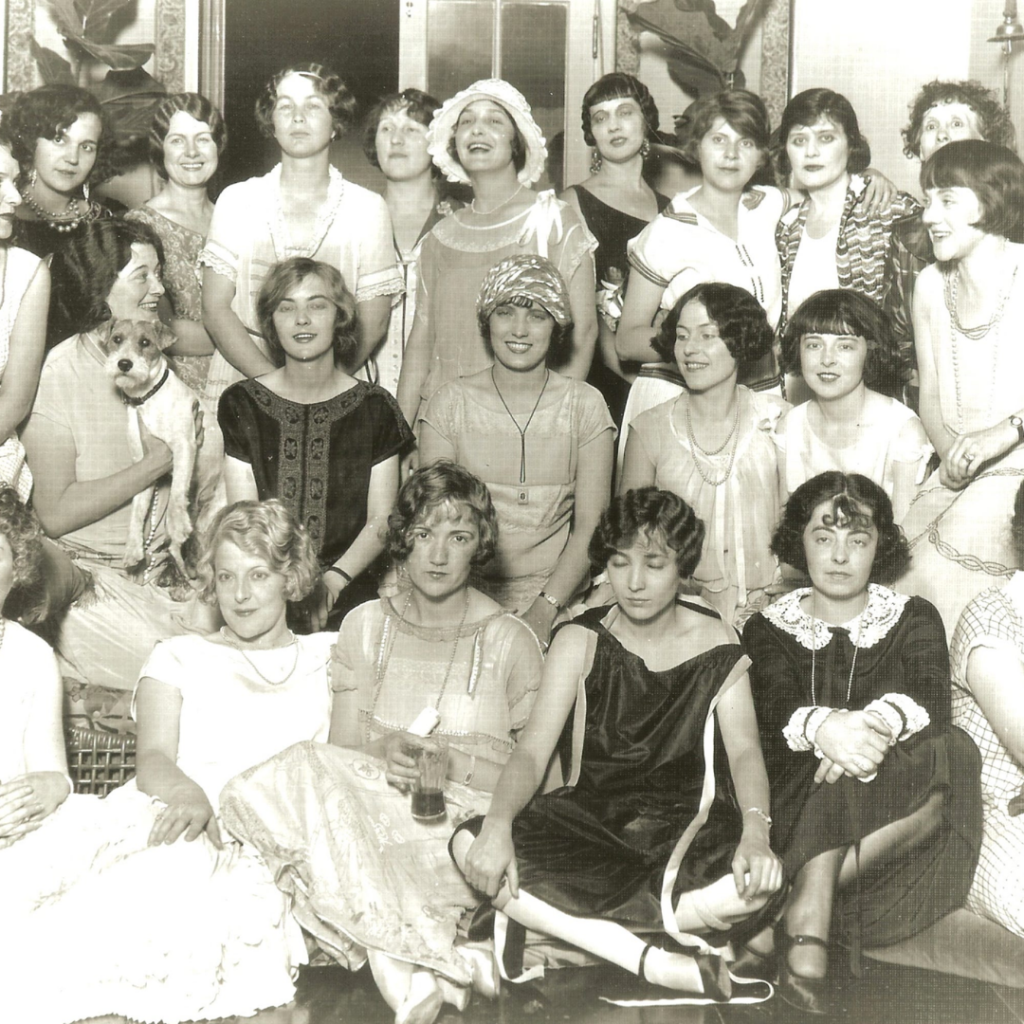
The silent film era saw pioneering women like Alice Guy-Blaché, who directed “The Cabbage Fairy” in 1896, one of the first narrative films ever made. An American-born director, Lois Weber, was coached and inspired by Guy-Blaché, finding success in creating silent films. Weber is renowned for her work on films such as Hypocrites (1915), The Blot (1921), and Suspense (1913), which often tackled difficult social issues head-on. For instance, her film Where Are My Children? (1916) delved into the controversial topics of birth control and abortion, while The People vs. John Doe (1916) questioned the validity of capital punishment. Through these works, Weber not only established herself as a significant figure in early cinema but also used the medium to challenge societal norms and provoke thought on pressing issues of the time. Despite the significant contributions, women’s roles behind the camera were often overshadowed by their male counterparts.
Classical Hollywood and Golden Age: The Pioneering Journey of Dorothy Arzner
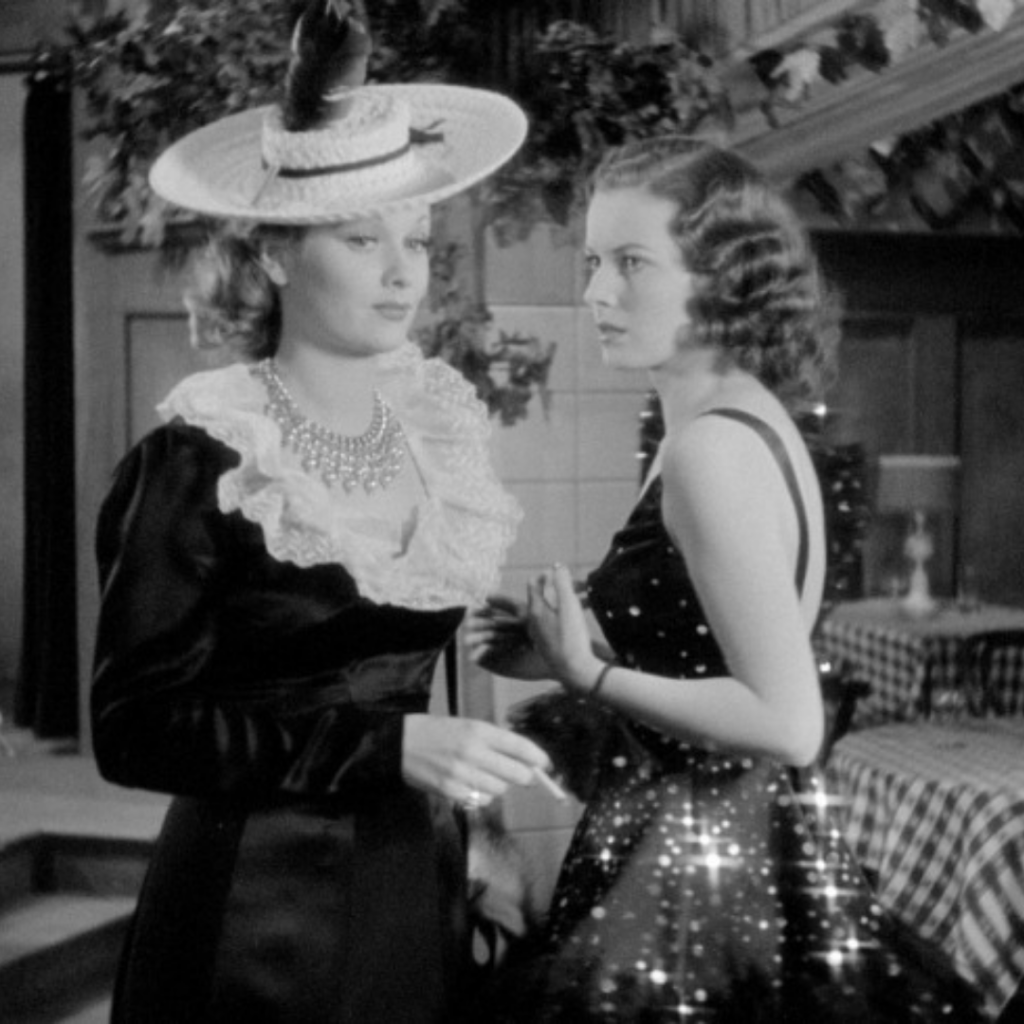
Experimental and Avant-Garde Cinema
In the realm of experimental and avant-garde cinema, women filmmakers carved out a space for innovative storytelling and groundbreaking visual narratives, challenging traditional forms and exploring new dimensions of cinematic expression. Directors like Maya Deren stood at the forefront of this movement, using film not just as a means of entertainment but as a powerful tool for delving into complex themes such as movement, myth, and the subconscious. Her seminal work, “Meshes of the Afternoon” (1943), is a prime example of how avant-garde cinema can merge the visual with the thematic to create deeply introspective and surreal experiences. Deren’s film is characterized by its dreamlike sequences and non-linear narrative, breaking away from conventional storytelling to invite viewers into a realm of pure imagination and psychological exploration.
Beyond Deren, other female directors also contributed significantly to the experimental film genre. Filmmakers such as Germaine Dulac, a pioneer of French avant-garde cinema, and Chantal Akerman, whose work delves into themes of identity, gender, and memory, expanded the boundaries of what film could convey. These directors utilized experimental techniques such as disjointed editing, unconventional sound design, and abstract imagery to evoke emotions and thoughts in their audiences that traditional films might not. Their contributions have not only enriched the tapestry of avant-garde cinema but also paved the way for future generations of filmmakers to explore the medium’s potential in new and exciting ways. Together, these women have left an indelible mark on the world of film, showcasing the power of cinema as a form of artistic expression that transcends conventional boundaries and opens up new avenues for storytelling and creative exploration.
Impact During the Second Wave of Feminism
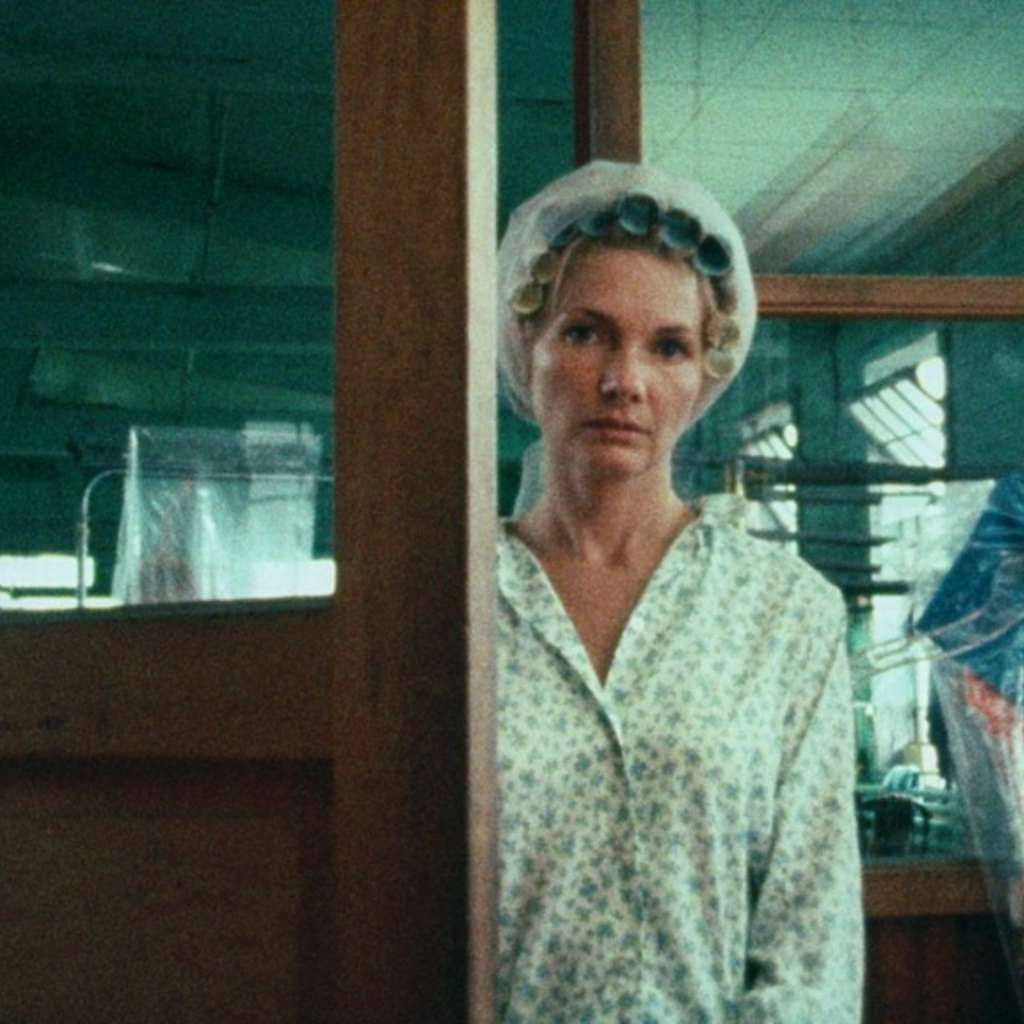
The second wave of feminism significantly influenced the film industry, leading to a remarkable increase in women’s cinema that challenged prevailing societal norms and delved deeply into issues of gender inequality, sexuality, and women’s rights. This period catalyzed a dynamic shift, with women directors using the medium of film to articulate and explore the complexities of the female experience and feminist ideologies. Notable films from this era that encapsulate the essence of the movement include “Wanda” (1970) by Barbara Loden, which offers a raw and intimate portrayal of a woman’s struggle for autonomy within a disenfranchised life, and “Jeanne Dielman, 23 quai du Commerce, 1080 Bruxelles” (1975) by Chantal Akerman, a meticulous observation of the daily routines of a single mother, revealing the oppressive effects of her seemingly mundane existence.
Additionally, Agnès Varda’s “One Sings, the Other Doesn’t” (1977) stands as a poignant exploration of female friendship and reproductive rights, reflecting the era’s spirited discourse on personal and political liberation. These films, among others, not only challenged the cinematic status quo but also served as vital cultural artifacts that mirrored and contributed to the broader societal shifts towards gender equality. The impact of the second wave of feminism on cinema created a lasting legacy, laying the groundwork for future generations of women filmmakers to express their visions freely and to continue the conversation on gender, identity, and equality within the filmic landscape and beyond.
Modern Era and Recognition
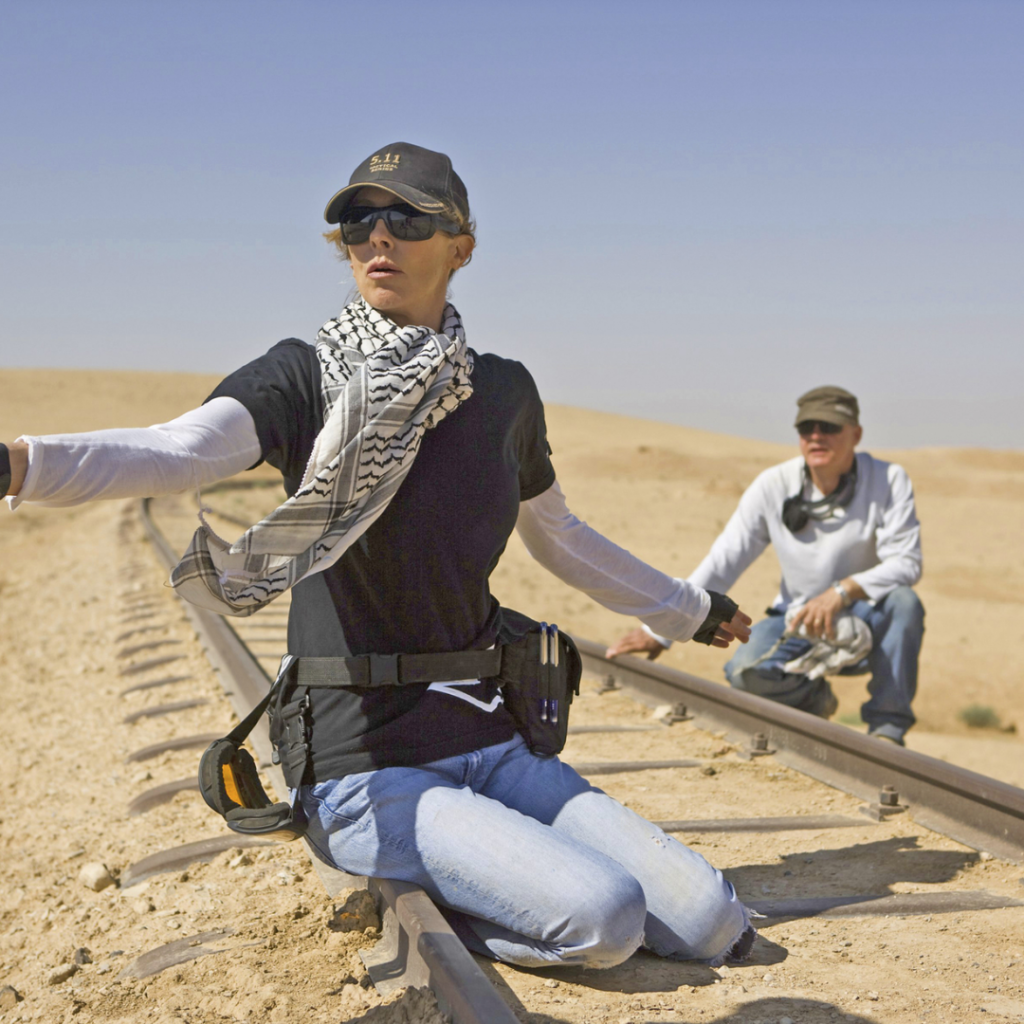
In the modern era, female directors are not only breaking through the glass ceiling but are also reshaping the landscape of cinema with their unique perspectives and storytelling prowess. Directors like Ava DuVernay, who directed *Selma* (2014), a powerful portrayal of Dr. Martin Luther King Jr.’s historic struggle for voting rights, Kathryn Bigelow, the first woman to win the Academy Award for Best Director for *The Hurt Locker* (2008), a gripping depiction of bomb disposal teams during the Iraq War, and Greta Gerwig, who offered a fresh, modern take on Louisa May Alcott’s classic with *Little Women* (2019), have all demonstrated that female directors can helm projects of any scale and genre with critical and commercial success. These films, among others, have not only garnered critical acclaim but also sparked important conversations about race, gender, and historical narratives, further cementing women’s roles as pivotal voices in cinema.
The recognition of women’s contributions extends beyond individual achievements, as major film festivals and awards ceremonies are increasingly spotlighting female filmmakers. This shift toward inclusivity is evident in the growing number of women-led films featured in prestigious events like the Cannes Film Festival, Sundance Film Festival, and the Academy Awards. Moreover, initiatives and advocacy for gender parity in the film industry have gained momentum, advocating for equal opportunities and representation for women in all areas of film production and direction. As the industry continues to evolve, the impact of female directors is undeniably profound, challenging stereotypes and enriching the cinematic world with diverse and compelling narratives.
Connecting Women's Cinema with Your Favorite Rewards App
Engaging with films directed by women through our rewards app offers a unique opportunity to appreciate the artistic achievements of female filmmakers while earning rewards. As you explore the rich history and diverse narratives presented in women’s cinema, turning on Media Research allows you to earn gift cards and participate in prize draws. This connection not only enhances your viewing experience but also supports the broader recognition of women’s contributions to the film industry.
Earn While You Celebrate Women's Achievements
By participating in Media Rewards, viewers are not just passive consumers of content but active supporters of women’s cinema. Every film watched and every ad exposure shared contributes to a greater understanding of consumer preferences, including a growing appreciation for films directed by women. This mutual benefit enriches the viewing experience and fosters a community that values diversity and inclusion in all forms of media.
Celebrating Progress and Embracing Rewards With Your Trusted Rewards App
Women’s History Month offers a moment to reflect on the strides made by women directors in cinema, from the silent era to the modern day. By engaging with their work through Media Rewards, viewers can celebrate these achievements and contribute to the ongoing dialogue around equity, diversity, and inclusion in the arts. As we honor the past, present, and future contributions of women in cinema, let us also embrace the opportunity to earn rewards that enrich our experience of these transformative stories.
More Articles

Maximizing Your Earnings: A Deep Dive into Media Rewards’ Prize Draws
Redeeming your hard-earned money for gift cards is a straightforward process. Follow these steps to cash out today!
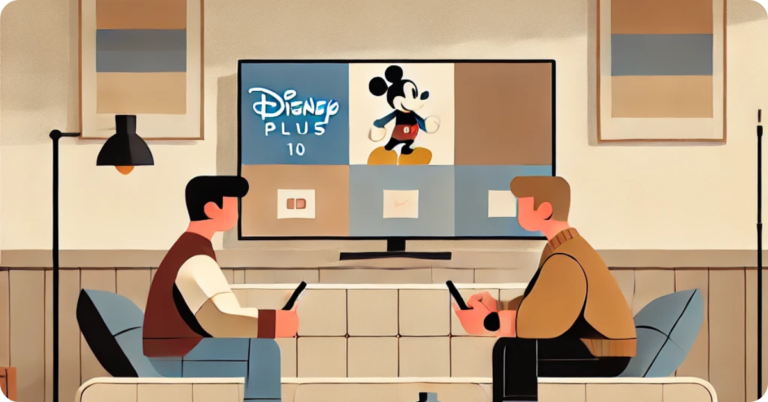
Unlock Survey Rewards with Media Rewards While Diving into ‘Daredevil: Born Again’
Daredevil Get rewarded for watching ‘Daredevil: Born Again’ with Media Rewards survey rewards!
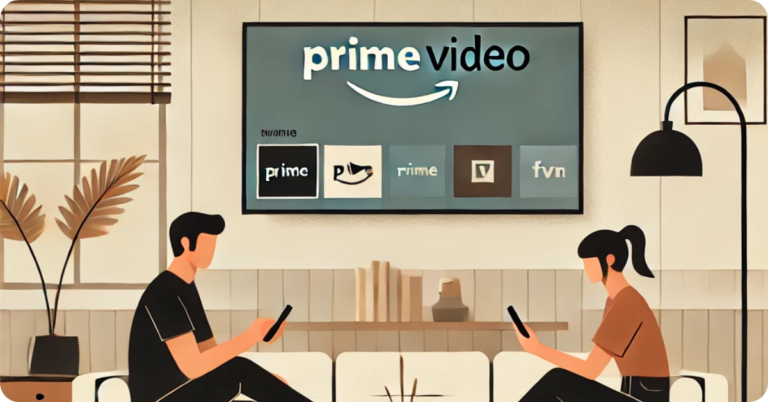
How to Redeem Gift Cards on Media Rewards: A Step-by-Step Guide
Redeeming your hard-earned money for gift cards is a straightforward process. Follow these steps to cash out today!
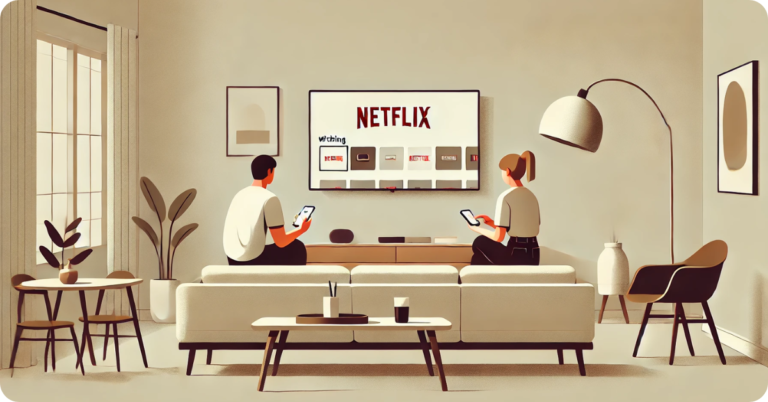
Unlocking Gift Card Rewards with Media Rewards: Your Ultimate Guide
Have you ever imagined earning gift card rewards simply by enjoying your favorite TV shows? With Media Rewards you can! Let’s dive in.
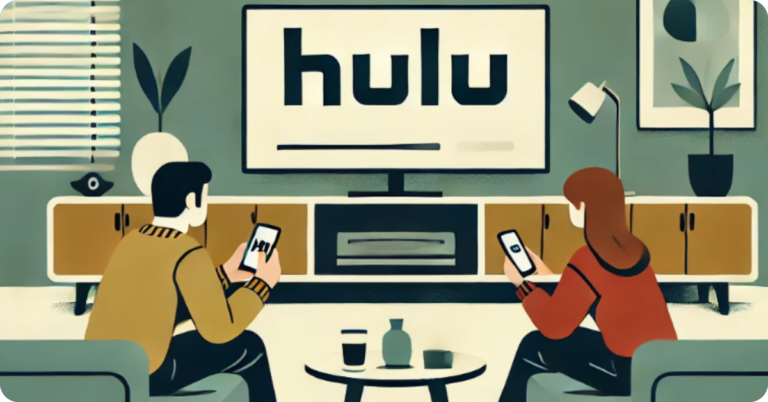
Top 10 Football Movies to Watch After the Super Bowl and Earn Rewards
If you are experiencing a post-Super Bowl lull, we have curated a list of the top 10 football movies to keep the adrenaline pumping while earning rewards.

How to Get More Online Surveys with Media Rewards
With Media Rewards, you can maximize your opportunities to participate in premium online surveys while enjoying your favorite TV shows, YouTube videos, and streaming platforms.
